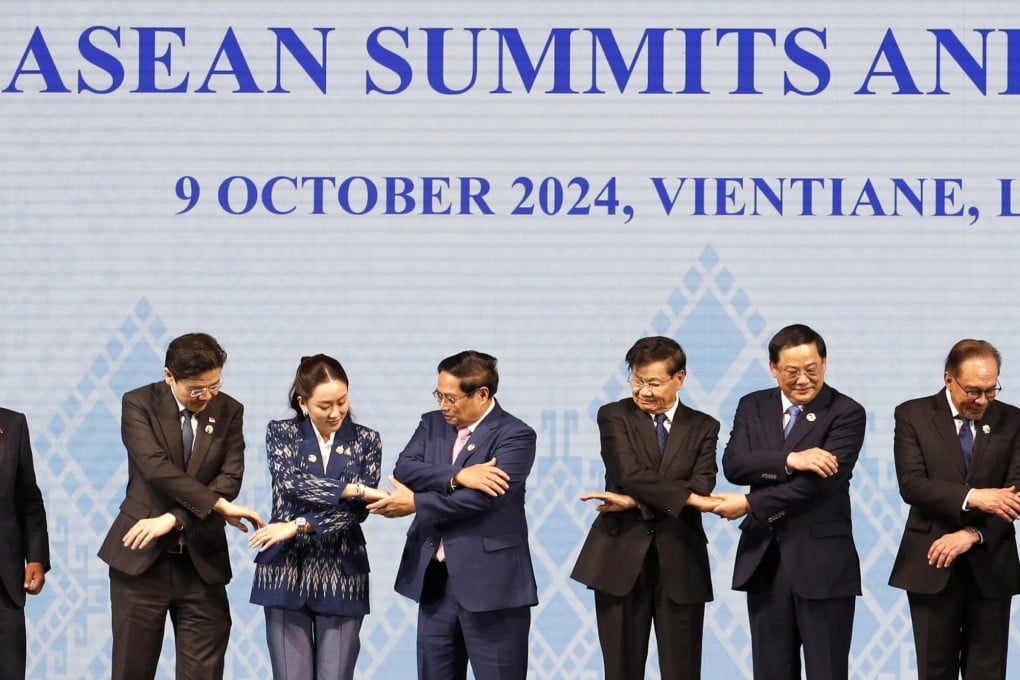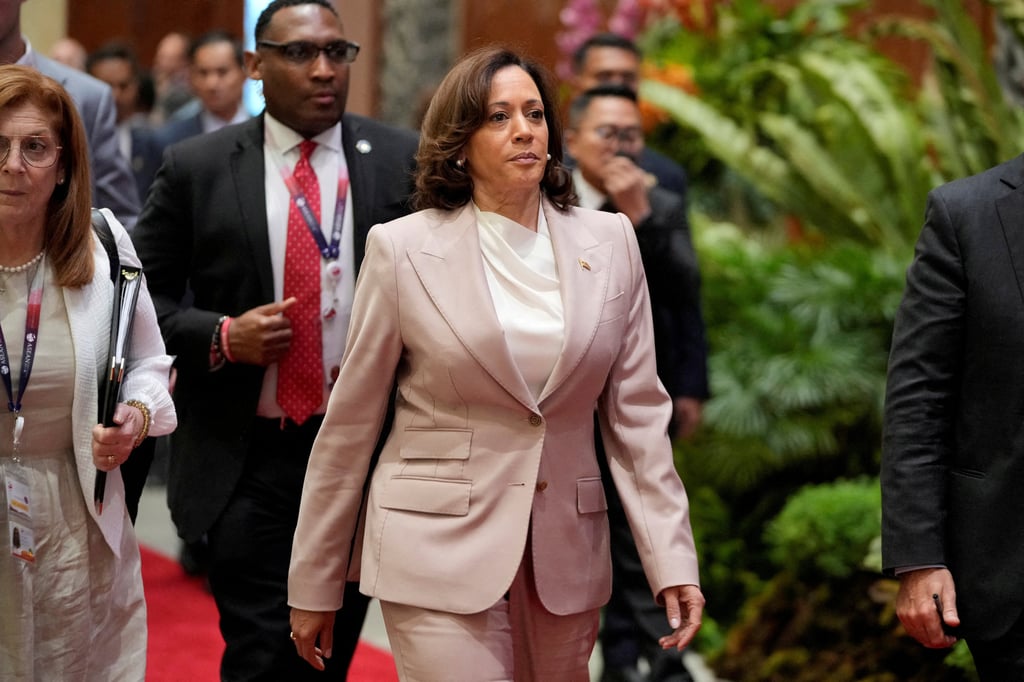Asian Angle | Strengthening Asean is key for the US to boost its Indo-Pacific strategy
Whether Donald Trump or Kamala Harris wins next month, a renewed focus on Asean will be essential for lasting stability amid China tensions

The contours of US engagement with Southeast Asia are ripe for examination, especially in the face of geopolitical uncertainty and Washington’s relentless rivalry with Beijing, which compels it to reinforce its regional presence and partnerships.
Such pivot would aim to ensure that the US maintains its pre-eminent position as a Pacific power, safeguarding security and stability across the Indo-Pacific.
During the US-Asean Summit in 2022, Washington reaffirmed its commitment to securing its strategic interests in the region, requiring it to play a larger role with Asean. The Southeast Asian bloc has garnered bipartisan support in the US, suggesting that increased engagement is on the horizon.



